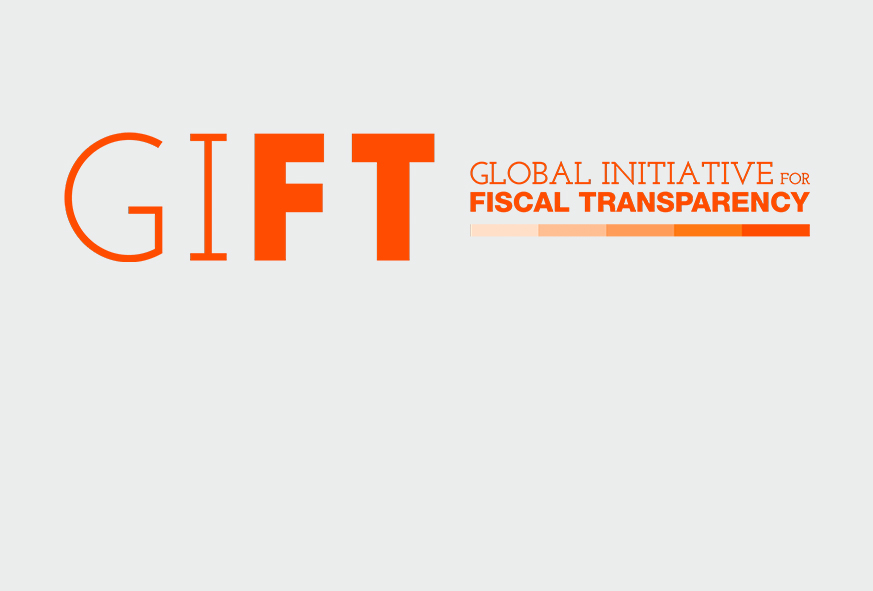|
The Global Open Data
Index has once again shown
that spending data ranks
poorly against the other
open government data
categories (14 out of 15).
This poor ranking is a
result of its
accessibility and data
quality. In the Index,
spending data refers to
records of actual (past)
national government
spending at a detailed
transactional level. Data
must display ongoing
expenditure, including
transactions and
subsidies. In the Index’s
methodology, a database of
contracts awarded or
similar is not considered
sufficient. Open spending
data shows whether public
money is efficiently and
effectively used. It helps
to understand spending
patterns, and to display
corruption, misuse, and
waste. It includes:
individual record of
transactions; government
office which had the
transaction; date of
transaction; name of
vendor; amount of the
transaction
Check it out: https://index.okfn.org/dataset/spending/
|

